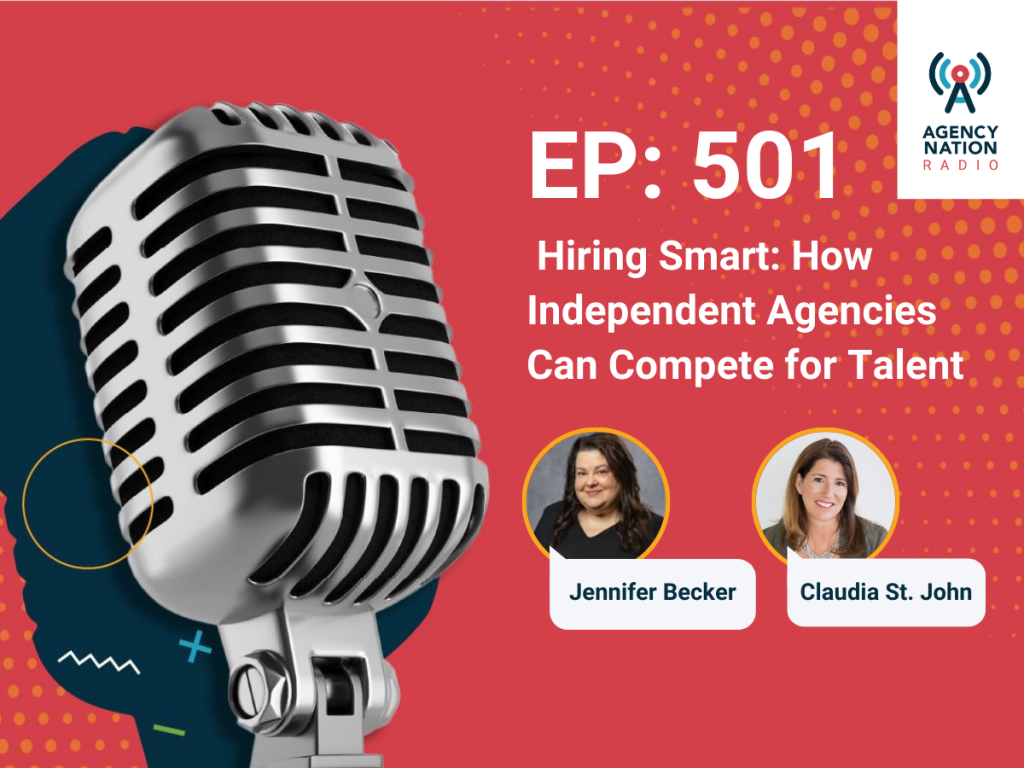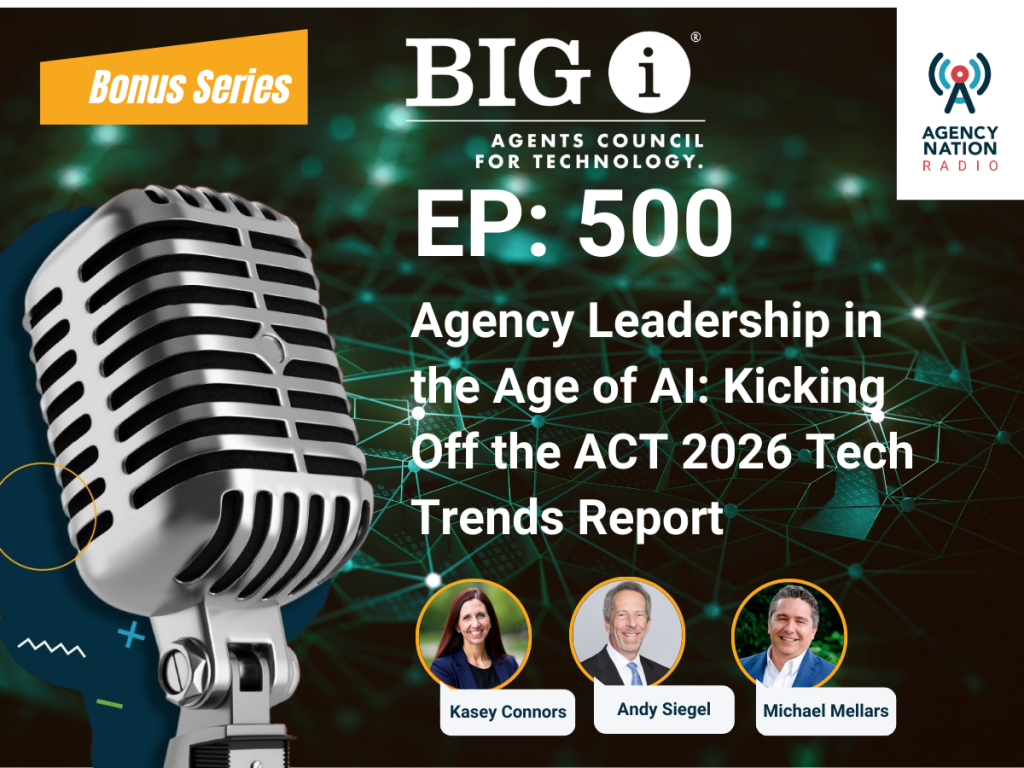Website Accessibility Litigation Continues To Rise

By: Scott Kneeland, Eric Lipton, Chris Cline and Ginny Winkworth
Despite an overall decrease in litigation involving the Americans with Disabilities Act (ADA), 2022 set another record for ADA website accessibility lawsuits with more than 3,200 cases filed nationwide.
As plaintiffs’ firms shift their focus to the digital landscape, cases involving ADA website accessibility have increased at least 12% every year since 2019, which is a trend that is likely to continue this year.
Some recent developments may help stem the tide. For example, in its 2021 Gil v. Winn-Dixie decision, the 11th U.S. Circuit Court of Appeals overturned a trial court decision finding that the website for Winn-Dixie supermarkets violated the ADA. Instead, the 11th Circuit held that the retailer could not have violated the ADA because its website was not a place of public accommodation and did not pose an intangible barrier to access the goods and services of the physical stores.
More recently, the U.S. Supreme Court has taken up a case that challenges whether a plaintiff “tester” with no intention of using a business has standing to sue.
Courts in certain jurisdictions are still receptive to ADA website accessibility suits, however, and New York, Florida, and California continue to be among the most active. Plaintiffs’ firms have targeted a variety of small, medium and large businesses across the country.
Although neither Congress nor the U.S. Department of Justice have established clear rules or regulations on what is required for compliance, most jurisdictions look to the Web Content Accessibility Guidelines (WCAG) as the industry standard. Plaintiffs’ firms will use automated tools to search for websites that fail to meet WCAG standards.
Over the past several years, the Big “I” and the Agents Council for Technology (ACT) have provided resources and encouraged members to undertake efforts to make their business websites as accessible and consistent with the WCAG standards as possible. However, even the best efforts to comply may not be enough to avoid receiving a demand letter alleging violations and seeking damages—even if a plaintiff has no plans to visit or use a business.
So, what should you do if you are targeted?
First, as a general matter, it is better not to respond or engage with a plaintiffs’ firm directly upon receipt of a demand letter. Rather, agencies should consult with their own attorney. Big “I” members can reach out to their state associations for a referral to an attorney who has experience in this area and may have represented other members on similar matters.
Second, it may be helpful to investigate any alleged violations and determine how best to ensure any consumer-facing websites are accessible and compliant with WCAG standards.
If you are a Big “I” member, here are some helpful resources on this topic:
- “ADA & Accessibility: What You Need to Know,” an ACT webpage that includes a list of potential website accessibility service providers.
- “Your Website Should be ADA-Compliant,” an ACT article by Larry Neilson and Jerry Fox.
- “FAQ Regarding Website Compliance with the ADA,” a Big “I” and ACT memo.
- WCAG 2.0: “Web Content Accessibility Guidelines”
- WCAG “Checklist for Web Content Accessibility”
If you have any further questions, please feel free to contact the Office of General Counsel, Scott Kneeland and Eric Lipton, or ACT, Chris Cline and Ginny Winkworth.
Scott Kneeland is Big “I” general counsel. Eric Lipton is Big “I” senior counsel. Chris Cline is executive director of the Big “I” Agents Council for Technology. Ginny Winkworth is program manager of the Big “I” Agents Council for Technology.










